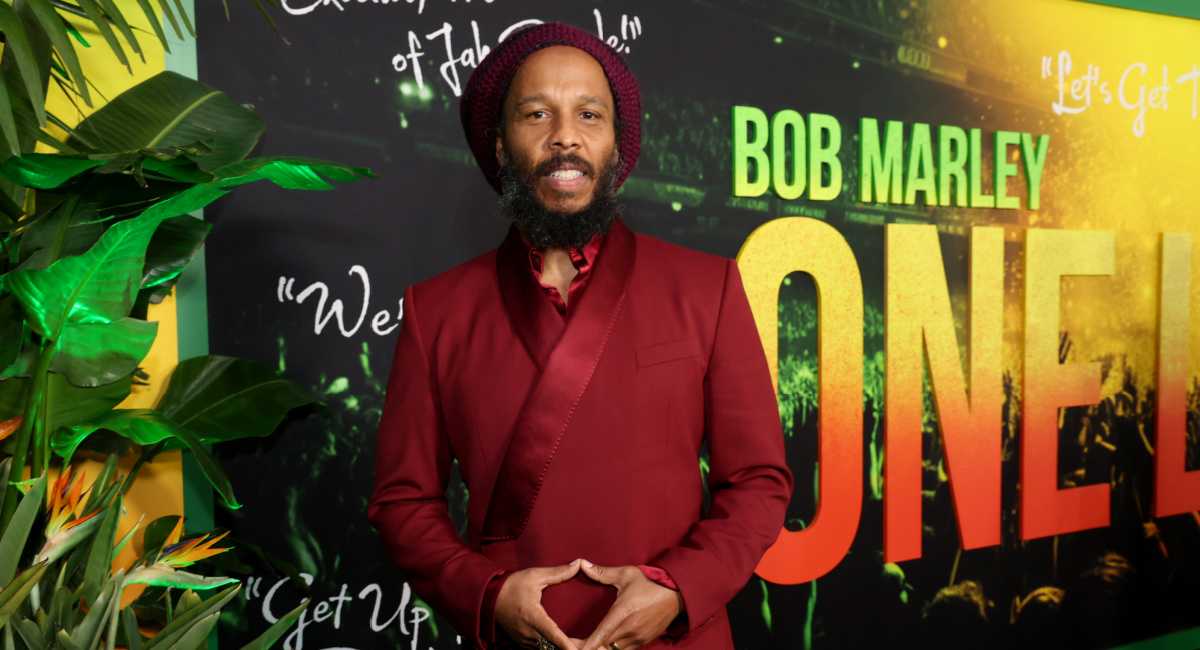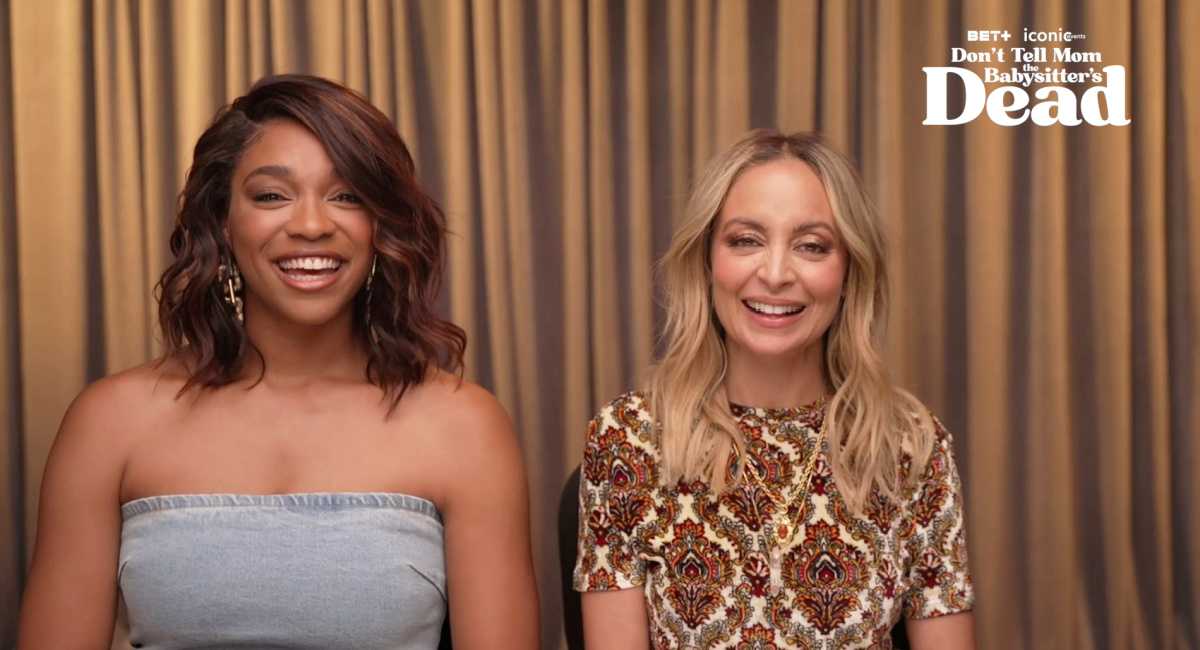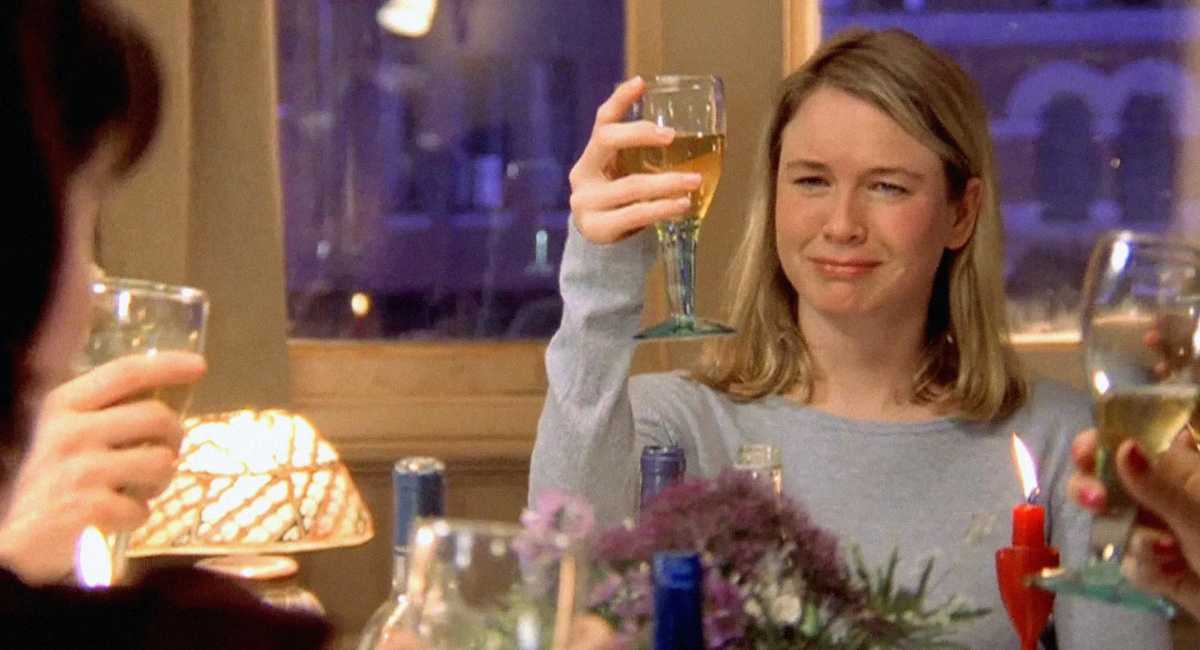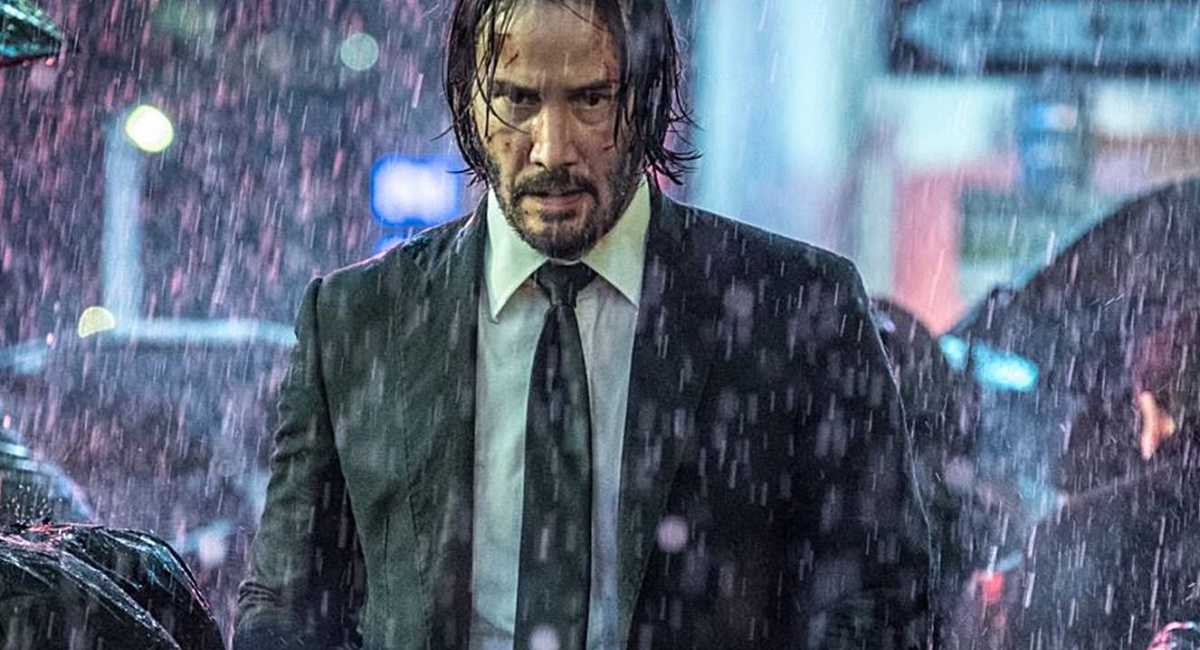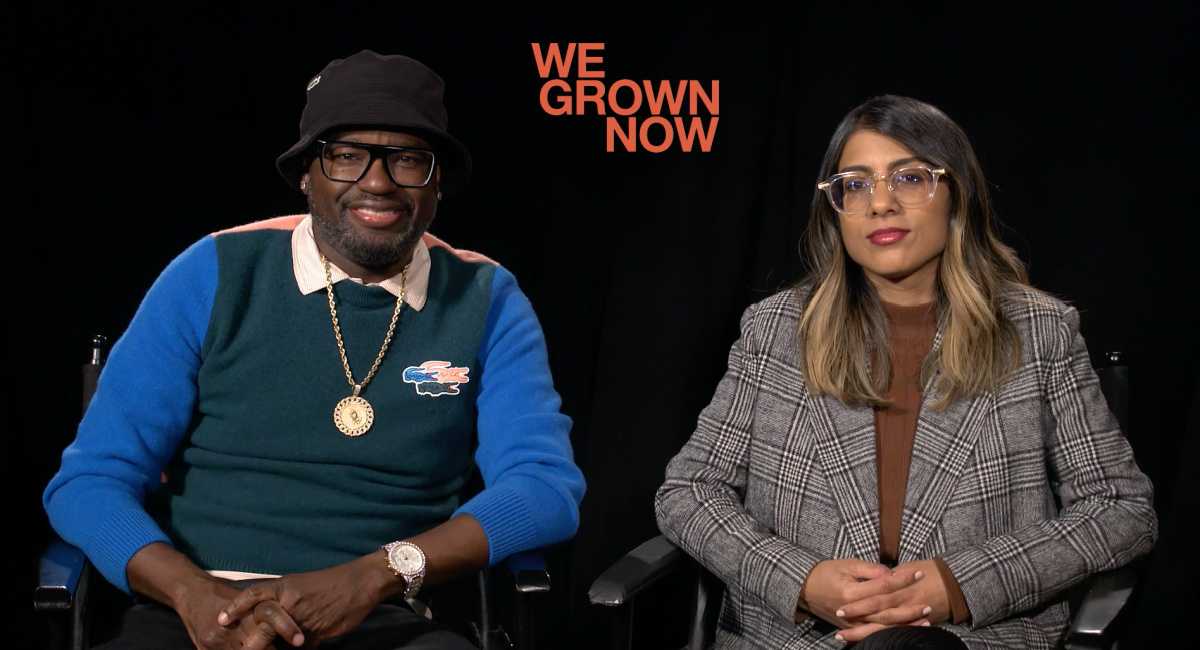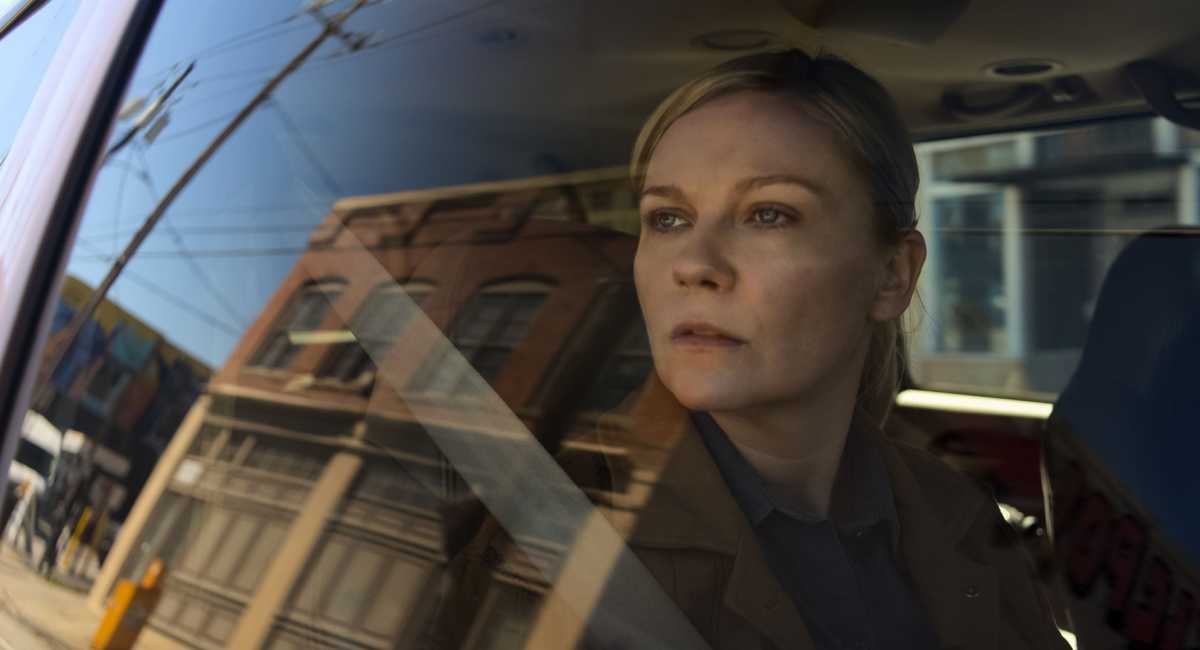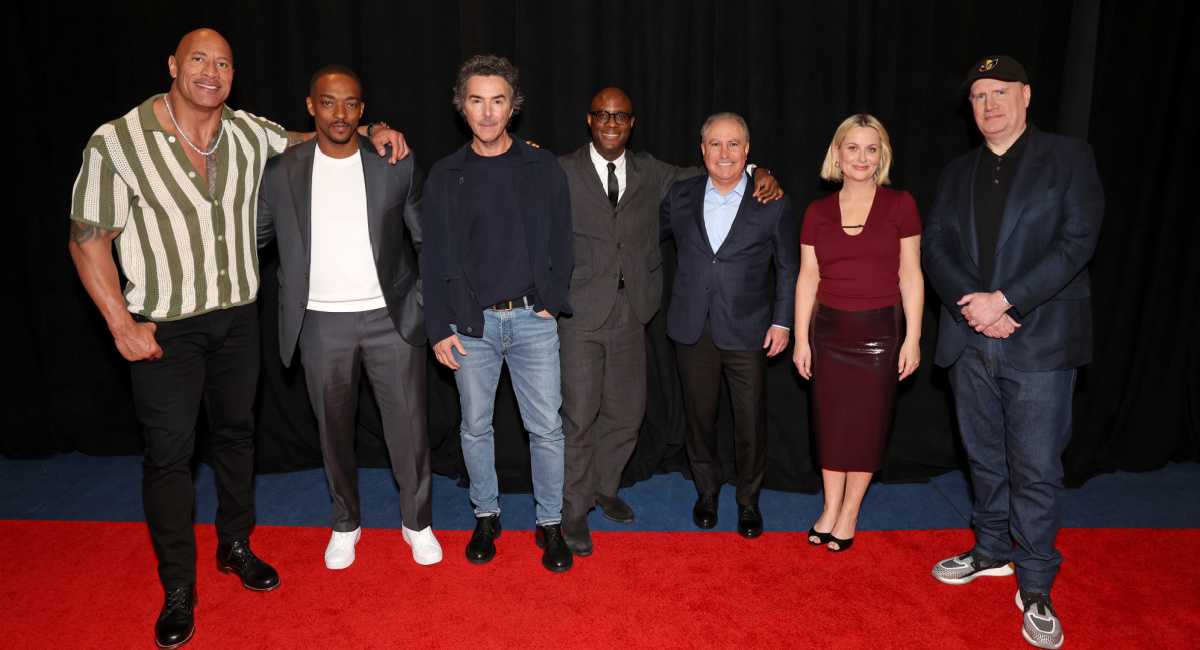Has Reality TV Reached the Tipping Point?
Remember when they used to call TLC "The Learning Channel"? Well, the scandal that's blown up during the last week surrounding TLC's "19 Kids and Counting" seems like it ought to be a teachable moment, but it's unclear if anyone will be learning the right lessons.
You'd think that the revelations about the Duggar family's cover-up of eldest son Josh's alleged molestation of five girls, including four of his own sisters -- and the corresponding revelation that TLC did a slapdash job of vetting the family, even though many people outside the family have known about this particular closet skeleton since 2006 -- would mark the end of a certain kind of reality show. You'd think sponsors would stop supporting them, networks would stop creating them, and viewers would stop watching them. But the market for these shows may be stronger than the shame of being associated with them.
Indeed, even as sponsors desert the show (nine of them at this writing), even as Hulu yanks its reruns from streaming, TLC has yet to cancel the series. In fact, the channel is still mulling a spinoff featuring Jessa and Jill Duggar and their husbands. Apparently, there's no brand so tainted that it doesn't have at least a little life left to leverage.
This marks TLC's second reality-related child molestation scandal in less than a year, after the channel yanked "Here Comes Honey Boo Boo" when Mama June Shannon allegedly rekindled a relationship with a convicted sex offender who, grown daughter Anna Cardwell claims, assaulted her when she was a girl. Does this mean TLC will be more careful in the future about vetting its reality stars? Probably not. After all, the genre depends on finding unusual, colorful people to put before the cameras.
If TLC was still pretending to have an educational mission, it could even claim there's something educational about exposing viewers to the lives of unconventional people. Say what you will about the Duggars, or Mama June and her daughters, or the Robertsons of A&E's "Duck Dynasty," for that matter: at least they're not the kind of people you see on TV all the time.
On scripted TV, characters tend to be city dwellers or suburbanites, middle class or wealthy, well-educated, professional, secular, youthful, able-bodied, attractive -- people much like TV writers (except for the attractive part). We seldom see people who are rural or poor, people who are much bigger or smaller than the ideal body type, people who are old or physically challenged, or people who wear their religious beliefs on their sleeves. But these are the very people who make up a sizable percentage of reality stars.
Like the rest of American culture, TV has never been comfortable talking about class, or about the rural/urban divide, or about religion, or about any trait that challenges the American notion that we can all live comfortable middle-class lives if we just play by the rules. It used to be that real people whose lives contradicted that notion were considered freaks who were relegated to the sideshows of daytime TV, on confrontational talk shows like Jerry Springer's or Geraldo Rivera's or Ricki Lake's. Today, however, such people get not 15 minutes of fame but a whole season (or several) on reality TV.
But we don't watch these shows because we genuinely want to learn about the lives of people different from ourselves. We watch because we're voyeurs peeping in our neighbors' windows. We watch, not to see how such people succeed in life despite their challenges, but to see how they fail. There was actually a study done back in 2003, at the University of Missouri at Columbia, whose findings suggested that people enjoy reality TV because -- well, not exactly out of schadenfreude, but rather relief that they're not suffering the travails of the people on screen, a sense of "There but for the grace of God go I."
The latest show to capitalize on this feeling among viewers is "The Briefcase," the CBS series that debuted this week. It's being sold as uplifting, a look at how generous and selfless people can be even when they're in dire financial straits. But in practice, the show seems to pit two needy families against each other, with each offered a $101,000 windfall and told to keep or give away to the other family as much as they see fit, with the gimmick being that neither family is aware that they've both been offered an identical briefcase full of cash. You wouldn't be alone in finding this sort of spectacle to be cruel and gladiatorial. (As New York magazine's Vulture pointed out, CBS chief Les Moonves could fill both briefcases with less than a day's worth of his annual salary, but what would the entertainment value be in that?).
Here at last, we have people on TV who might be called poor, who might have been middle class once but fell into debt -- and we pit them against each other in a contest to see who is most morally fit to get out of debt. (Where's the moral test for the rich and powerful folks who sent their jobs overseas or who sent them off to be maimed on the battlefield?) Is this show supposed to be educational and inspirational, or does it just reinforce stereotypes that poor people are poor because of some moral failing? Oh, and a question for the show's sponsors: Do you really think that consumers who spend an hour watching people agonize over money are going to be eager to drop disposable income on your products?
In a way, "The Briefcase" is an apt match with CBS's "Undercover Boss," which plays on the viewers' unspoken assumption that it's CEOs and not the rank and file who are reaping all the benefits of increased worker productivity, but which also doesn't question how the system came to be rigged that way, or what could be done to change it. Viewers are supposed to be moved by how grateful the workers are for small favors and not question why they appear so downtrodden in the first place. Miraculously, "Undercover Boss" has persisted for six years, even though you'd think employees would be wise to the sudden appearance of a mysterious new co-worker and a camera crew. Similarly, it's hard to see how "The Briefcase" could last beyond a season, once everyone is aware of its deception, but if "Undercover Boss" can do it, who knows?
One paradox is that, if reality TV perpetuates the notion that people are poor because they deserve to be, then it also presents rich people who by no means deserve their good fortune. Think of the various "Real Housewives" cast members and whose wealth routinely fails to bring them happiness. Yes, these shows do expose us to people unlike ourselves (the rich, like the poor, really are different from you and me), but if there's any educational value here, it's in learning that you wouldn't want rich people's problems, either.
On some level, viewers know that they shouldn't enjoy these shows, that they ought to feel queasy about watching cash-rich networks exploit people's misery for entertainment and profit. But while they tell pollsters what they think they ought to say, that reality as a genre is played out, they keep watching anyway.
And as long as we do, reality TV isn't going to become any more enlightening or less exploitative. As a recent Atlantic article makes clear, the makers of these shows rely on the audience to tell them where the limits of acceptable spectacle lie. Viewer outrage kept "Jersey Shore" from showing promised footage of Snooki getting sucker-punched in the face. But viewers of the "Bachelor" were OK with Jason Mesnick dumping fiancée Melissa Rycroft on camera and proposing to runner-up Molly Malaney instead. Ratings and social media response seem to be the only guidelines the networks have for how much they can get away with. They're depending on us to be their conscience. Judging by the fact that TLC still, after a week of viewer disgust and advertiser defections, hasn't pulled the plug on "19 Kids and Counting" suggests that we viewers aren't doing our job forcefully enough to make a difference.



